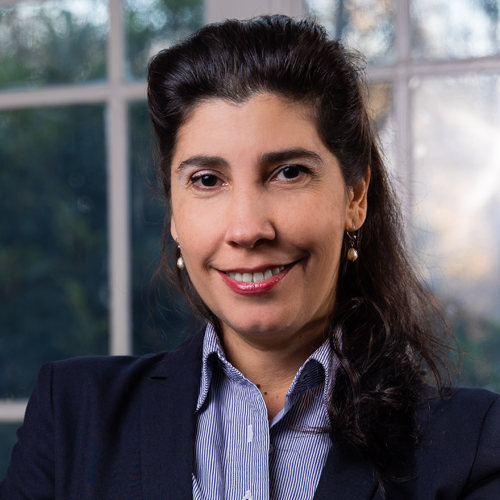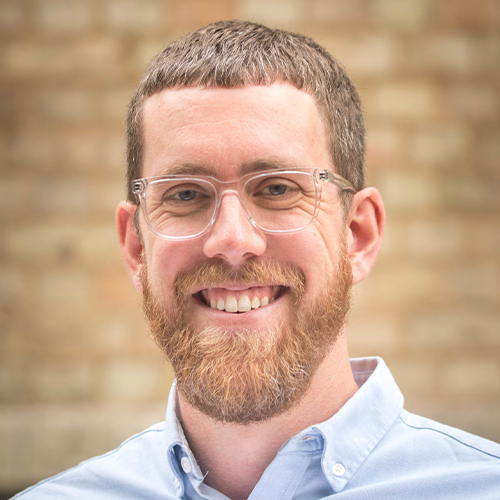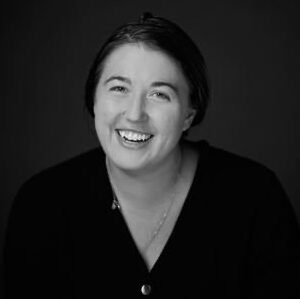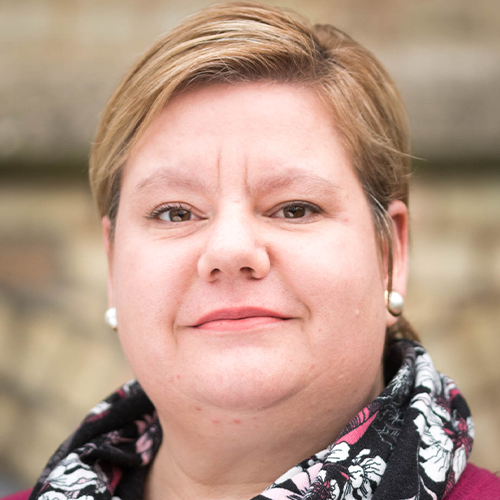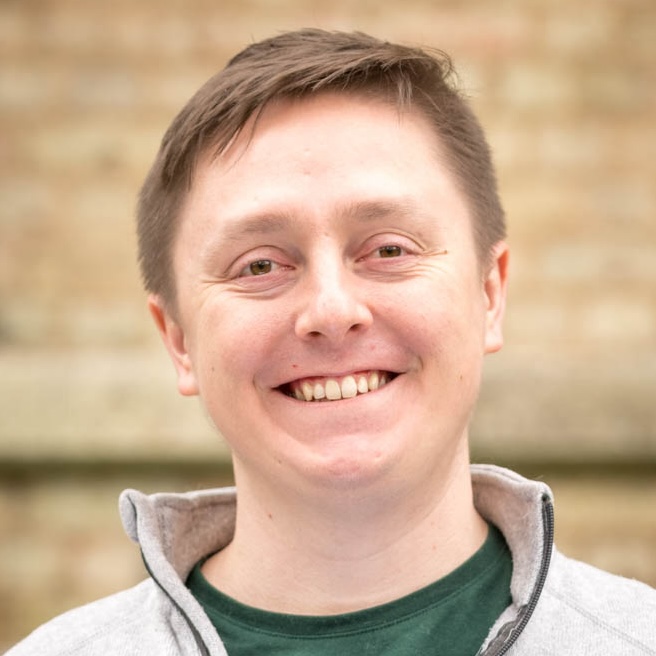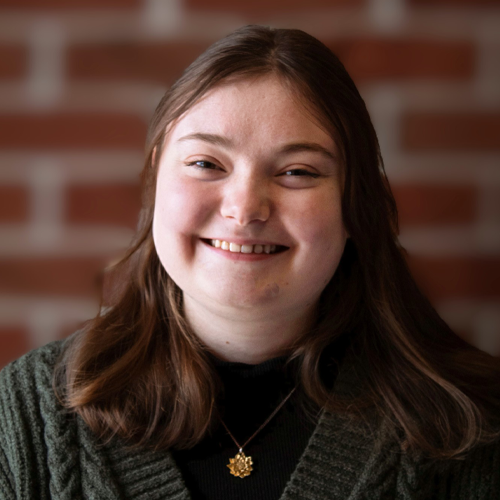Discover the magic of Oxford with Scholarship and Christianity in Oxford (SCIO) live and online from Oxford! Let your mind and spirit join us in Oxford for an intellectual adventure like no other.
Connect With SCIO

Tutorial seminars are at the core of the SCIO Online from Oxford. All tutorial seminars are synchronous, so you can discuss and debate live with like-minded peers from around the globe, and experience the tutorials for which Oxford is famous — one-on-one meetings with tutors (faculty). Subjects include literature, theology, philosophy, science and religion, psychology, and more.
Each tutorial seminar consists of three discussion classes, four gobbets classes, and two tutorials (gobbet is Oxford’s word for a small mouthful of text for close reading or translation and then discussion). Students will also have the opportunity to present their research to the group.
Below, you will find a general description of each seminar that we offer. Once you register for a particular seminar, you will receive advice from the seminar tutor, about any preparatory reading that you should do.
Tutorial seminar discussion classes are meetings of one hour with the seminar leader and fewer than 12 students. For each discussion class students read all or parts of assigned texts and then discuss them.
Gobbets classes are 45 minute meetings with your tutor and a small group of up to four students where you discuss texts in more detail. No written work is required for either the discussion or the gobbets classes.
Tutorials are individual meetings of one hour between the seminar leader and each of the seminar participants. In preparation for each tutorial the student reads assigned texts and writes an essay of 2,000 words in response to a question set by the seminar leader.
SCIO Online from Oxford is an interdisciplinary programme that gives no preference to students in any particular field of study. However, a good academic record is necessary: generally a minimum GPA of 2.9 on a 4.0 scale is required, though in the case of non-traditional students this may be reviewed (note this GPA requirement differs from that of the Oxford Semester Programme), and we may accept any exceptional student we believes can meet the rigorous demands of the programme.
All active learners must be willing and able to participate fully in academic discussions, and complete reading, preparation, and writing assignments outside class time. Independent/non-traditional students with a college/university background and willing to write are also welcome and will receive a certificate of completion.
How Do I Apply?
Simply complete the SCIO Online from Oxford Application for the term during which you plan to participate. Each campus makes its own policies regarding online coursework, so you should consult your academic dean and/or advising faculty member at your school to ensure completion of all campus requirements.
Before your application can be reviewed for admission, you must submit all of the following materials:
- A completed application form
- One faculty recommendation
- Transcript(s) of all college course work (unofficial transcripts are sufficient)
Spring 2023 Term 1 Dates:
| Application Deadline | December |
| SCIO Online from Oxford begins | January |
| SCIO Online from Oxford concludes | February |
*specific dates are still TBD and will be made available as soon as possible
Spring 2023 Term 2 Dates:
| Application Deadline | January |
| SCIO Online from Oxford begins | February |
| SCIO Online from Oxford concludes | March |
*specific dates are still TBD and will be made available as soon as possible
Autumn 2023 Term Dates:
| Application Deadline | September |
| SCIO Online from Oxford begins | October |
| SCIO Online from Oxford concludes | November |
*specific dates are still TBD and will be made available as soon as possible
Summer 2023 Term Dates:
| Application Deadline | June 1 |
| SCIO Online from Oxford begins | June 16 |
| SCIO Online from Oxford concludes | July 17 |
Spring 2023 Term 1 Dates:
| Application Deadline | December |
| SCIO Online from Oxford begins | January |
| SCIO Online from Oxford concludes | February |
*specific dates are still TBD and will be made available as soon as possible
Spring 2023 Term 2 Dates:
| Application Deadline | January |
| SCIO Online from Oxford begins | February |
| SCIO Online from Oxford concludes | March |
*specific dates are still TBD and will be made available as soon as possible
Summer 2023 Term Dates:
| Application Deadline | June 1 |
| SCIO Online from Oxford begins | June 16 |
| SCIO Online from Oxford concludes | July 17 |
Autumn 2023 Term Dates:
| Application Deadline | September |
| SCIO Online from Oxford begins | October |
| SCIO Online from Oxford concludes | November |
*specific dates are still TBD and will be made available as soon as possible
HOW MUCH DO I PAY?
Tutorial seminars are $1,650 per seminar ($550 per credit hour)
Available Scholarships*:
- Select two tutorial seminars and receive a $150 multi-seminar scholarship
- SCIO alum receive a $150 discount
*Applicants can receive a maximum of two discounts/scholarships for a maximum of $300
Note: Schools or individuals who pay with a credit card will also be charged a credit card service fee.
HOW DOES BILLING WORK FOR SCIO ONLINE FROM OXFORD PARTICIPATION?
SCIO Online from Oxford is an extension campus of each member institution of the Council for Christian Colleges & Universities (CCCU); each school grants the academic credit for program participation.
As SCIO Online from Oxford billing often differs from semester billing, it’s possible your home campus will require that CCCU GlobalEd bill you directly. In direct-bill situations, please refer to our General Policies for payment deadlines. For students paying through your home campus, CCCU GlobalEd invoices campuses for the programme fees and in turn campuses bill their students following the campus’s established policies and procedures.






